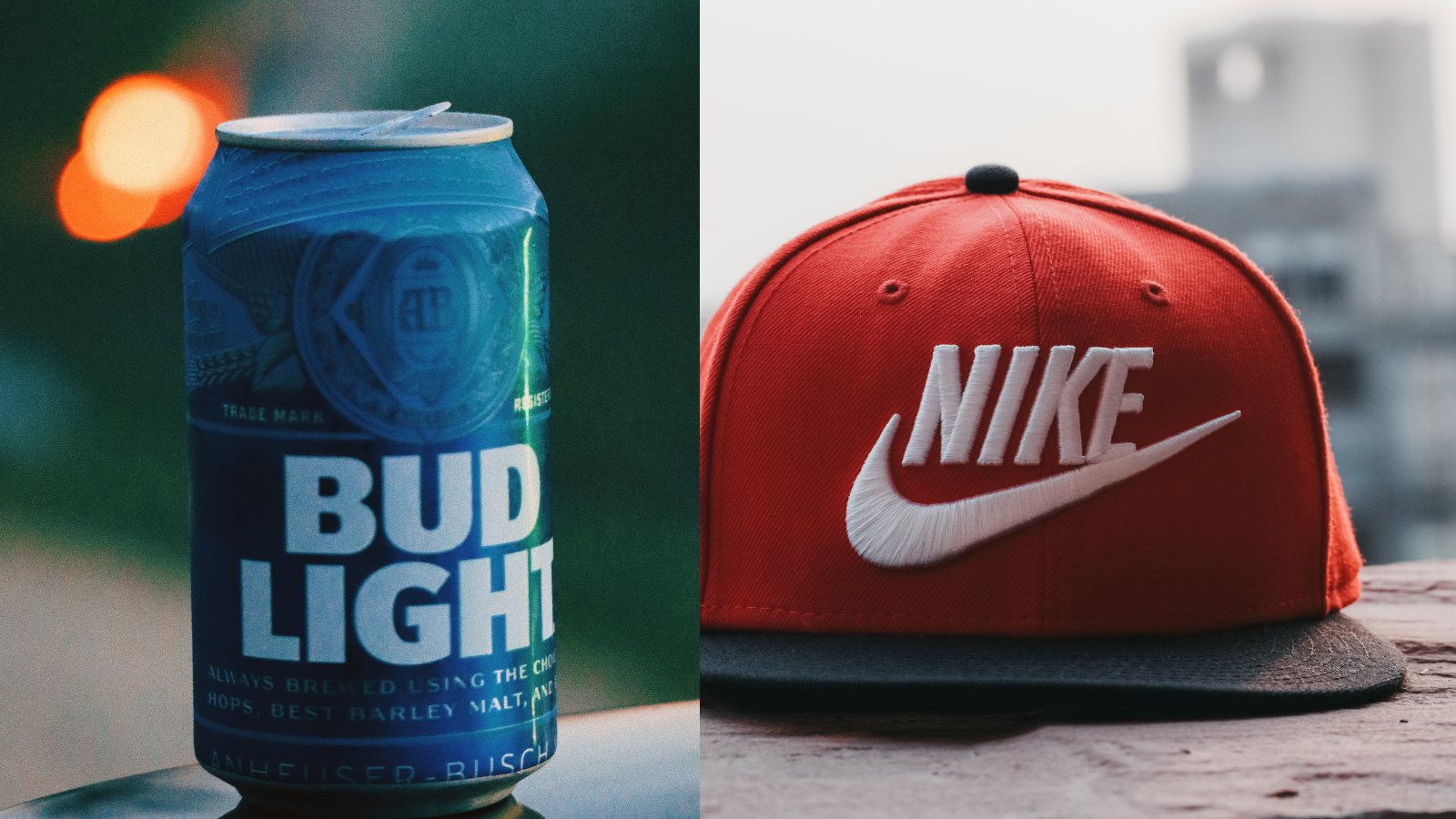Burger King's Gives Witty Response to Wendy's Dynamic Pricing Backlash
Burger King cleverly responded to Wendy’s plan for “dynamic pricing” with a twist. Wendy’s initially announced a strategy similar to Uber's surge pricing, raising prices based on demand. This move faced backlash, prompting Wendy’s to clarify they wouldn't implement surge pricing. Burger King seized the opportunity, offering free burgers via their app, taking a dig at Wendy’s. Their tweet emphasized their opposition to surge pricing, garnering praise for their witty response. This exchange showcases the competitive nature of fast-food companies on social media, with Burger King's playful jab resonating with customers.
WHY IS THIS IMPORTANT?
This highlights the importance of staying aware of market trends and consumer sentiment. The dynamic pricing strategy proposed by Wendy's and the subsequent backlash illustrate how pricing decisions can significantly impact consumer behavior and perception. For companies involved in transportation and logistics, understanding consumer preferences and market dynamics, even in seemingly unrelated sectors like fast food, can inform pricing strategies, promotional tactics, and customer engagement approaches.
Additionally, it underscores the significance of social media presence and brand reputation management in today's interconnected business landscape, where even playful exchanges between competitors can influence consumer perception and loyalty.
🔥 OUR HOT TAKE?
In today's competitive business landscape, companies must stay vigilant and agile to capitalize on market trends and competitors' missteps. Burger King's swift and witty response not only showcased its brand personality but also effectively positioned itself as consumer-friendly in contrast to Wendy's perceived misstep. This highlights the importance of social media presence and brand reputation management in shaping consumer perception and loyalty, demonstrating that clever marketing strategies can yield significant gains in customer engagement and brand affinity.
The COVID-19 pandemic has pushed companies to prioritize work-life balance, leading to happier, more productive employees.
On a busy soundstage, the cast and crew are relying on a small blue ball to work its magic.
In response to pushback from conservative activists, Target has decided to limit the in-store availability of its Pride Month Collection to roughly half of its 2,000 stores.
TikTok has filed a lawsuit challenging a new federal law that could force its Chinese parent company, ByteDance, to sell the app or face a ban in the U.S.
President Joe Biden recently signed a $95 billion national security package that includes a provision potentially banning TikTok, but with a critical timeline extension.
Diana Wiebe, like many of us, found herself deep in the world of social media during the pandemic, getting swayed by influencers on Instagram and TikTok to buy all sorts of products, especially skincare.
The U.S. recreational vehicle scene is typically dominated by massive, boxy models hailing from Elkhart, Indiana.
Thousands of TikTok users are rallying to prevent a potential ban on the app, which faces pressure from legislation forcing its parent company, ByteDance, to divest or risk being removed from U.S. app stores.
Jack Latham embarked on a unique mission to capture the inner workings of "click farms" in Vietnam, where businesses artificially inflate online engagement to manipulate algorithms and perceptions.
Burger King cleverly responded to Wendy’s plan for “dynamic pricing” with a twist. Wendy’s initially announced a strategy similar to Uber's surge pricing, raising prices based on demand.
The US Supreme Court is tackling two crucial cases that could reshape social media's landscape.
The rise of dark satire in China's online realm sheds light on a growing phenomenon.
Walmart has announced its acquisition of TV maker Vizio for $2.3 billion in cash, aiming to bolster its profitable advertising business.
In January, Boeing saw a decline in aircraft orders and deliveries following a midflight incident involving a fuselage panel on one of its 737 Max 9s.
In the ever-evolving landscape of marketing, defining branded content has been a challenge, primarily due to the industry's constant changes.
Social media platform X, formerly known as Twitter, experienced a global outage affecting over 77,000 U.S. users at its peak.
Tesla addressed a 2-million-vehicle Autopilot "recall" by releasing software version 2023.44.30 as a free over-the-air update to affected vehicles, enhancing safety alerts.
Small businesses can experience a sudden surge in demand when they go viral on social media platforms like TikTok.
In the court of public opinion, crisis communication plays a vital role in public relations, with reputation protection being paramount due to its potential financial implications.
The logistics industry is undergoing significant transformations in the digital age.
TikTok is reportedly working with third-party logistics (3PL) fulfillment service providers to build its own logistics network.
A recent survey conducted by Vivian Health reveals that work-related stress remains prevalent, with nearly half of the respondents reporting job stress
Bud Light aims to reverse it’s declining sales by launching a new marketing campaign designed to overcome adversity.
Bud Light, produced by Anheuser-Busch, is the latest company caught in America's ongoing culture wars.
During the Economist Impact's 3rd annual "Sustainability Week US" in Washington, D.C., Terrence Keeley and Witold J. Henisz engaged in a debate over the relevance and accuracy of environmental, social, and corporate governance (ESG) reporting.
The significant buying power of the LGBTQ+ community, estimated to be over 17 million people in the U.S. with more than $1 trillion in spending power, makes it difficult for companies to ignore.
The rise of big companies taking stances on political and social issues is highlighted by recent examples of Target, Bud Light, Disney, Amazon, Microsoft, Starbucks, Nike, and Levi Strauss facing both support and backlash for their positions.
Apple has announced that more suppliers have promised to use carbon-conscious energy.
Before the Norfolk derailment, the rail industry was attempting to transform its public image.































Elon Musk’s X is suing a major advertiser group, alleging antitrust violations for a supposed “boycott” of the platform.